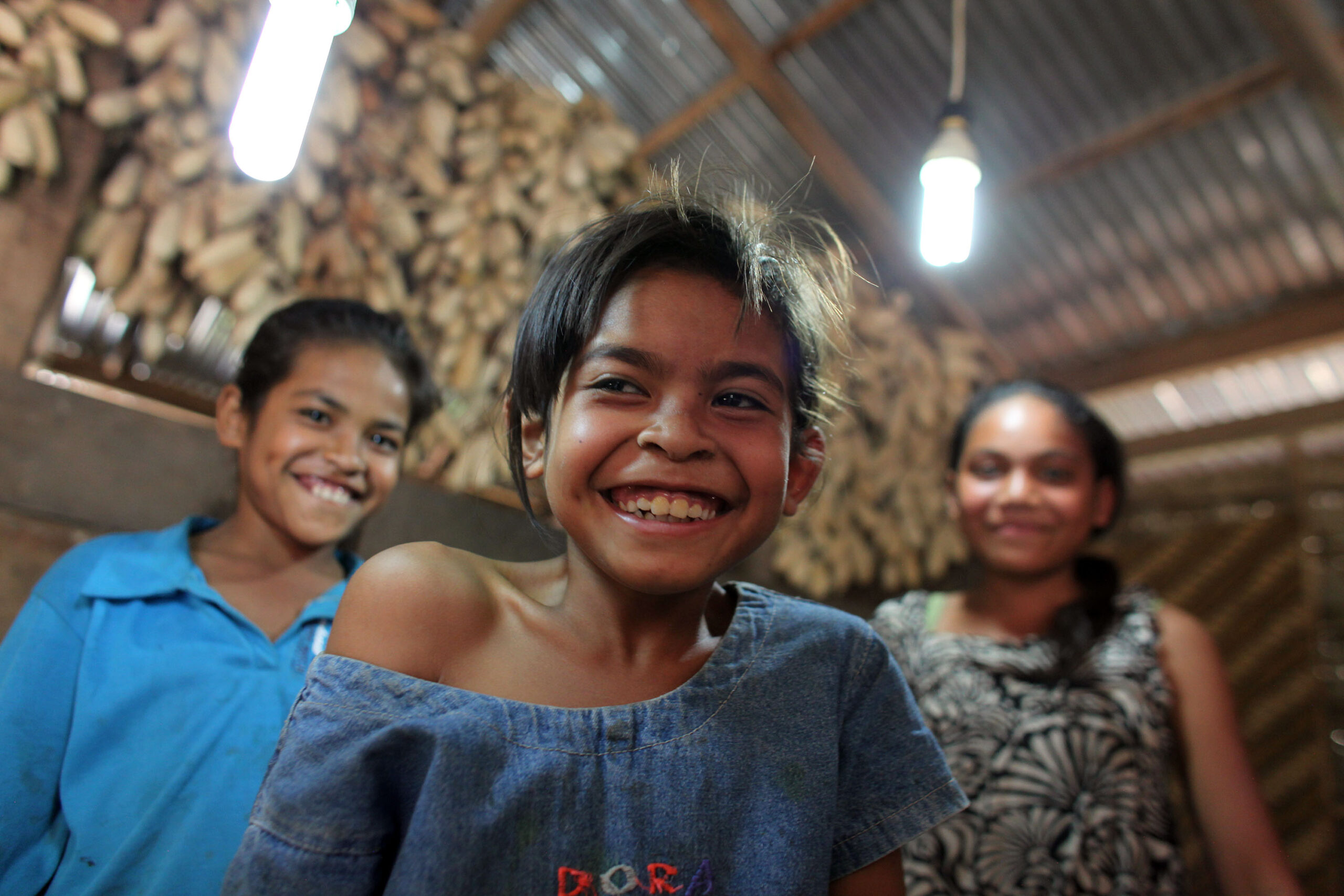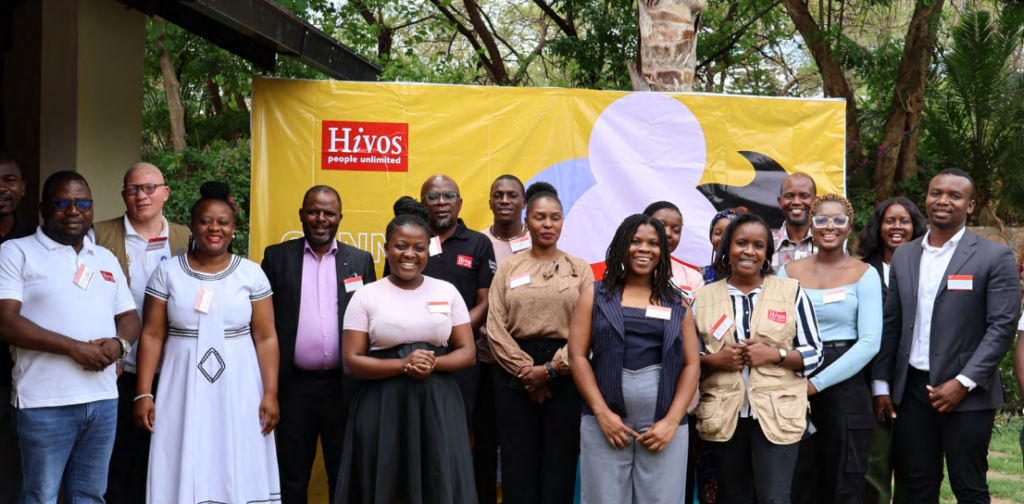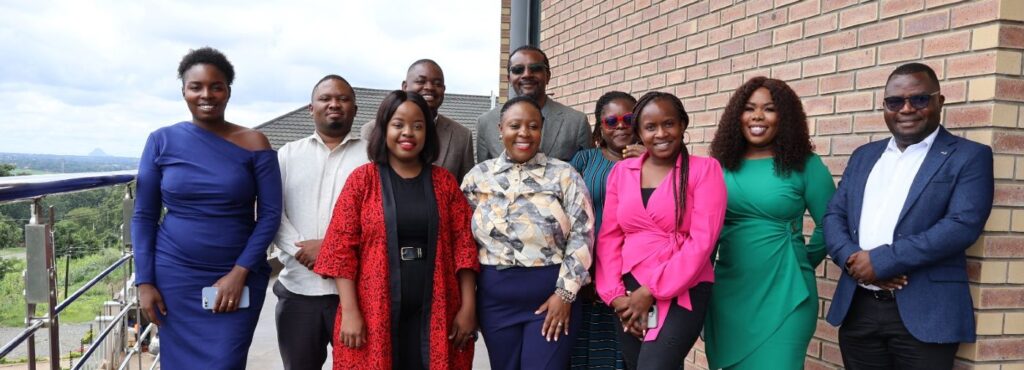Getting ready for a revolution
Fabby Tumiwa, long-term Hivos partner in Indonesia, has a message: “We should be ready for a revolution.” According to Fabby, we rely too much on big energy companies and their fossil fuels, even though we don’t have to. “If you look at renewable energy, anyone, every house, can produce electricity.” Fabby is leading the way in his own neighborhood, as his house is the first with a solar panel on its roof. “It’s good that neighbors can see it and ask questions, like ‘What is this? How does it work?’”
Decreasing dependency on energy companies and increasing the electrification rate – is a major task in Indonesia. Fabby explains there are still some 5 to 6 million households without electricity. In addition, the quality of electricity in many other homes leaves much to be desired. “Having 100 percent electrification could mean nothing if it’s not reliable.”
A stepping stone
We partner with Fabby to provide access to reliable renewable energy. However, that is not an end in itself. To us, access to clean energy is a stepping stone to overcome two serious challenges the world is facing. First of all, switching to renewable energy can mitigate climate change. Secondly, energy access is also crucial for human development. It enables people everywhere to take charge of their own lives. Access to renewable energy alleviates poverty and propels economic development.
Entangled interests
Working towards access to 100 percent renewable energy is one thing; getting it done is another. Fabby tell us that the energy system in Indonesia is controlled by interests aligned with the political system. That is why he says, “We not only have to fight the people who control this, but also the politicians who support it. We have to choose leaders who are pro renewables.”
Sumba – an iconic island
Ten years ago, Hivos started the Sumba Iconic Island Initiative to demonstrate that creating access to 100 percent renewable energy was actually doable. Since then, the project has had an enormous impact on communities and the environment of Sumba Island. The initiative’s biggest challenge was bringing so many diverse stakeholders together. With the help of partners like Fabby, we enlisted the support of ministries, local government, companies and investors. Fortunately, that paid off. As Fabby puts it:
“Working with 40, 50 different stakeholders, managing different interests, is not an easy job in Indonesia. And I think Hivos has done quite a remarkable job.”
Follow Sumba’s progress here.
This article was originally published on www.hivos.org.




